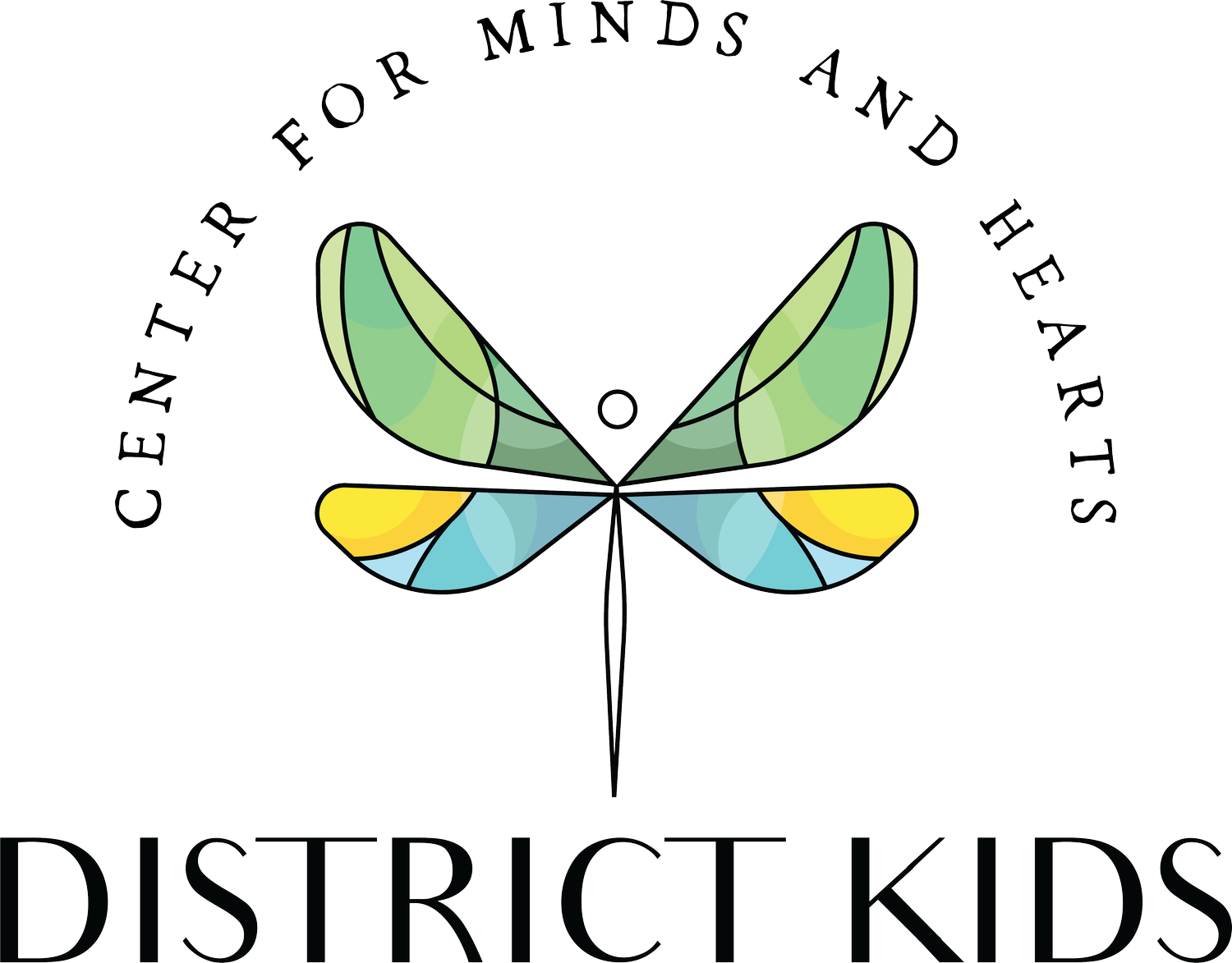GET STARTED
Request an appointment
Click the button below and fill out the form to contact us. We’ll get back to you within two business days.
-
We are an out of network provider, so you will be charged each session for services. We offer a range of high quality services at different rates to provide options for you.
We also encourage you to call your insurance provider to ask about any out of network mental health benefits, including the cost per session and deductibles to better estimate the cost of service. When you call your insurance provider, first ask if you have an out of network mental health deductible that you need to fulfill before coverage starts. Next, ask for your plans maximum allowed amount for outpatient mental health services and what percentage your insurance company will cover of the allowed amount. We will provide you with a superbill to submit to your insurance provider should you need one. Social Coaches are not able to provide superbills for services.
Dyslexia treatment, including structured literacy therapy, is eligible for reimbursement with a Letter of Medical Necessity (LMN) from a physician with a flexible spending account (FSA), health savings account (HSA) or a health reimbursement arrangement (HRA). Dyslexia treatment reimbursement is not eligible with a limited-purpose flexible spending account (LPFSA) or a dependent care flexible spending account (DCFSA). We will provide an invoice for reimbursement purposes.
-
We want you to find the fit that works for you and would be happy to schedule a free 15 minute to get started. Call us at 202-455-0706 or email us at info@districtkids.org. We will get back to you in two business days. You can also click the get Started tab at the top of the page to request an appointment directly. We currently have a waitlist for new clients.
-
No. While we love dogs, we know that this may not be desirable to everyone. We will talk with you about if you would like to have a dog join your session before the dog will join. We also are mindful of the hours that Pru works, so we will not have her working during every session.
-
We are conveniently located at 5506 Connecticut Avenue NW in Washington, DC. We are a few minutes from the District/Maryland border in NW DC and accessible by car and public transportation (L1 and L2 metro bus and .5 miles from the Friendship Heights Metro Station on the red line). The office entrance is located off of Connecticut Avenue between Parthenon Restaurant and Mamma Lucias. The office suite is located on the first floor.
-
For mental health therapy, we work with children and adolescents in Grades PK-8th using a relational approach that incorporates expressive arts, movement, and Cognitive Behavioral Therapy practices. We also offer parent consultations and run groups for kids (check out our Social Saturdays!). Additionally, we provide social coaching in groups and individually for those who may benefit.
For educational and structured literacy therapy, we work with children through high school.
-
You can! We understand that education is a major part of a child’s life and, therefore, even when you are seeking social emotional support services, we think that there is inherent value in seeking to understand a child’s learning experience in order to support them emotionally. Even so, we recognize that not all children require academic interventions and therefore seek to work with you to provide therapy services if that is what you are seeking for your child and have a number of therapists at District Kids.
-
Educational therapy is holistic, intensive, and systematic. An educational therapist (ET) has extensive training and experience assessing and addressing underlying learning needs. Educational therapy typically begins with a review of existing evaluation data and/or assessment of current strengths and needs of an individual. Following assessment, we will create a plan, including goals, objectives, and an intervention approach. Educational therapy focuses on building a person’s self-concept as a learner while simultaneously improving the foundational cognitive processes associated with learning. The Association of Educational Therapists (AET) certifies members who meet certain education and experience criteria.
-
The difference between educational therapy and tutoring can be likened to the difference between physical therapy and exercise. Educational therapy, like physical therapy, gets at the root of a challenge to improve the cognitive processes in learning. While tutoring, and exercise, is often focused on maintenance or practice of these skills. Understood.org has a wonderful article that shares more information about tutors and educational therapists.
-
A psychology associate can provide psychological services and activities while under the direct supervision of a psychiatrist, or a licensed psychologist with a doctoral degree in psychology. Psychology Associates at District Kids are licensed with the DC Department of Health and practice under the direct supervision of a licensed psychologist with a doctoral degree in psychology on site.
-
Social Coaches at District Kids work with kids and adolescents to support communication specifically related to the social world. A social coach may work with groups or individually.
-
A language processing assessment is a set of tests that measures a person's ability to understand and use language in order to read and write, and provides insight into the following skills:
Phonological Processing
Decoding and Spelling
Auditory Memory
Listening Comprehension
Vocabulary (Receptive and Expressive)
Reading fluency and comprehension
Writing
What to expect:
A three hour evaluation in person or virtually.
A comprehensive report to include a summary of your child’s language processing strengths and needs, diagnostic information (if identified), and recommendations for home and school.
The results of the assessment can be used to identify areas of strength and weakness in your child’s language skills in order to pinpoint the underlying causes of reading and writing challenges and therapeutic treatment recommendations. If the results Indicate a learning disability in reading and/or writing, the report can be used to request special education services or a 504 plan*.
A 30–minute meeting to go over the results of the evaluation, answer questions, and discuss next steps.
*The report can be shared as part of an initial referral for accommodations and/or special education services, but does not guarantee services will be provided by a school
Frequently Asked Questions
Washington, DC
Contact us:
202.455.0706
info@districtkids.org
Location:
5506 Connecticut Avenue NW, Suite 25
Washington, DC 20015



